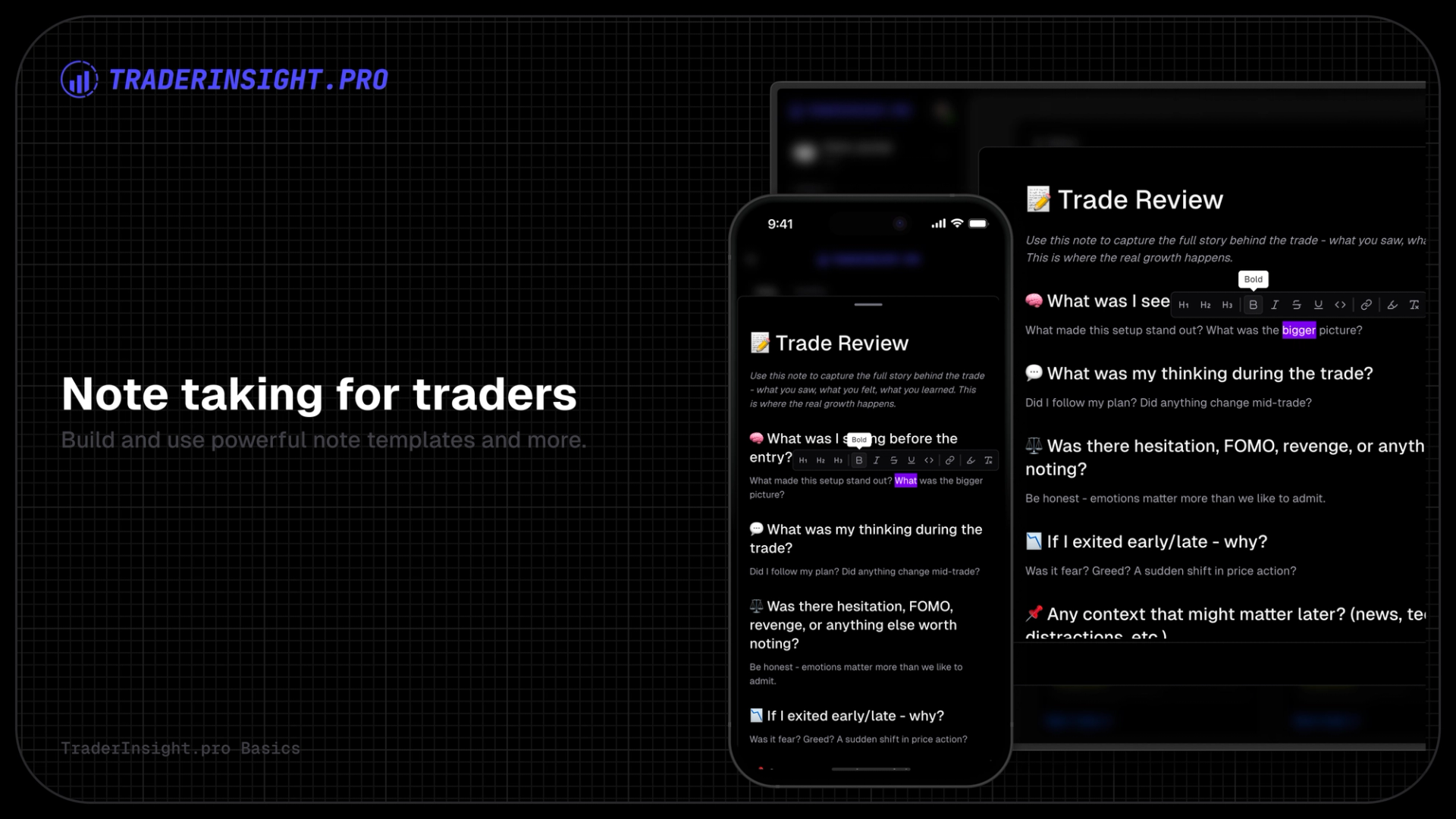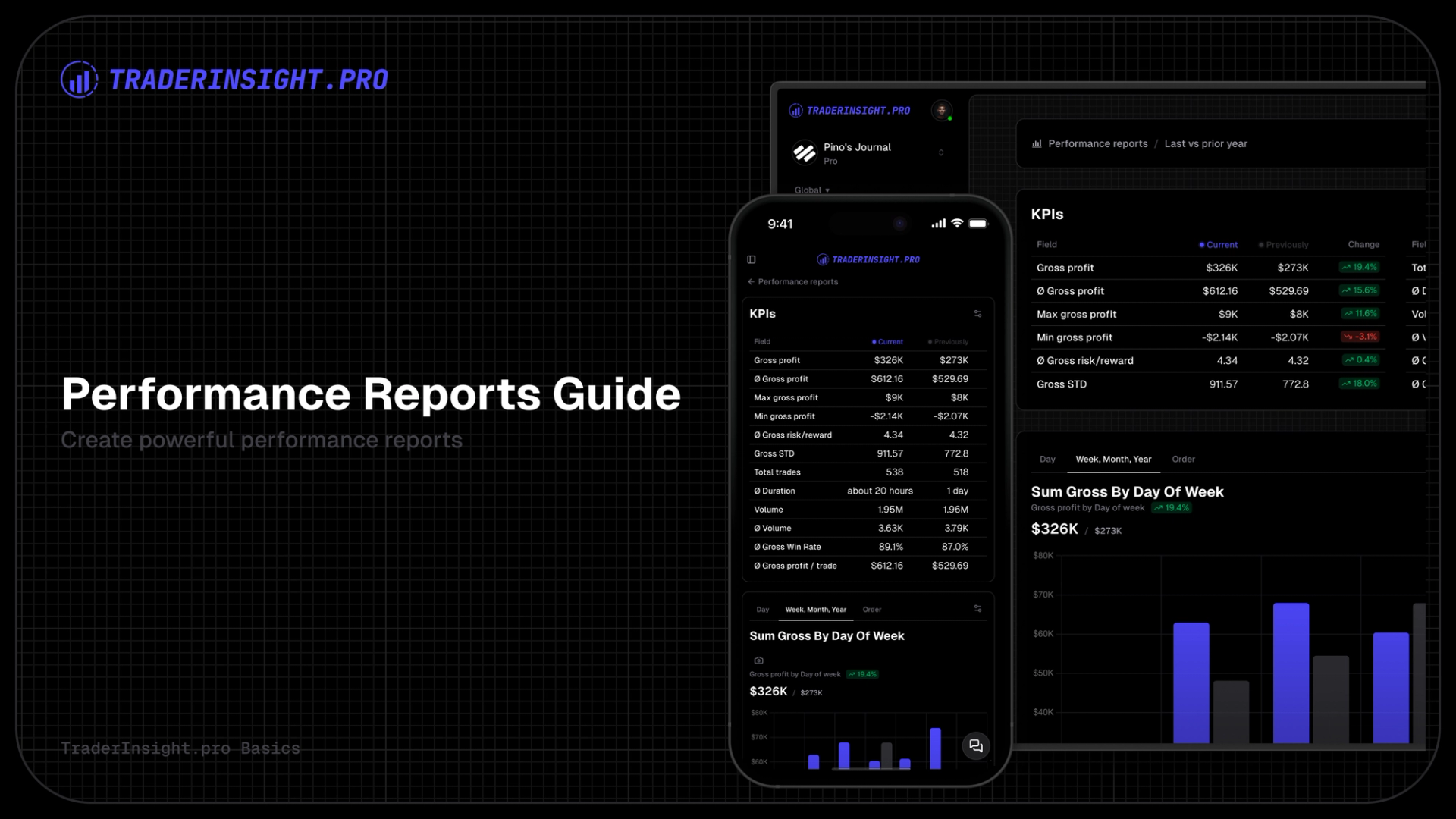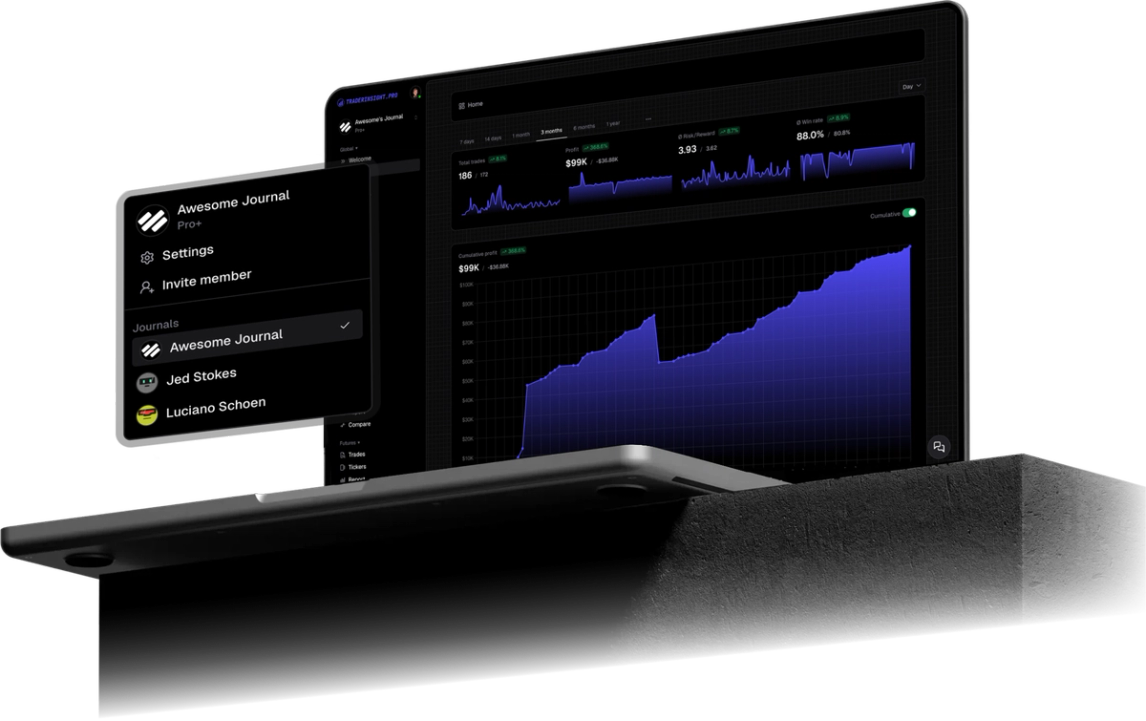🤔 First off, what even is a rollover?
Every futures contract has an expiration date. You can’t hold it forever.
When you “roll over” a position, you’re just closing your trade in the current contract and opening the same trade in the next month’s contract.
Example: If you're long the September S&P 500 contract and want to stay in the trade past its expiry, you’d sell September and buy the December contract. That’s a rollover.
You’re still in the same position - just in the new contract.
❓Why not just hold until expiry?
Because:
- You probably don’t want delivery.
Some futures (like oil or grain) are physically settled, meaning if you hold to expiration, you could technically be expected to take delivery of the product. (Nobody wants a truck of soybeans showing up at their house 😅) - Even with cash-settled contracts (like index futures), liquidity dies near expiry.
Everyone starts trading the next contract. If you hold too long, your fills get worse, spreads widen, and slippage increases.
That’s why most traders roll over a few days before expiration, when the next contract becomes more liquid.
❗What happens if you don’t roll?
- If it’s a physically settled contract, you might be assigned delivery - or your broker will forcibly close it before that happens.
- If it’s cash-settled, like S&P 500 futures (ES), you’ll just get cash-settled at expiry - your P&L gets locked in and the position disappears.
So your trade ends - whether you’re ready or not.
💡 What if I roll over too early?
You can roll over the next day if you want - but you’ll:
- Exit the current contract (even if it still has 3 months left)
- Enter the next one, which might not be as liquid yet
- Potentially introduce small price differences between the two contracts (called the roll yield)
So early rollovers = no real risk, but maybe a small mismatch in pricing or fill quality.
🔍 So... why does any of this matter?
Because your trade might be good, but the contract will expire - and if you’re not paying attention, you’ll get closed out (or worse, assigned delivery).
Rolling over keeps you in the game.
And for longer-term futures trades, it's just part of the process.




